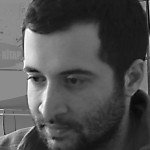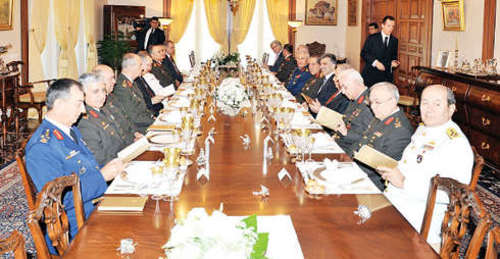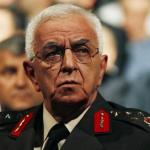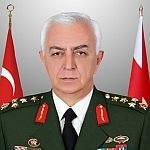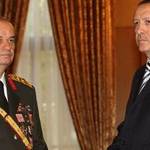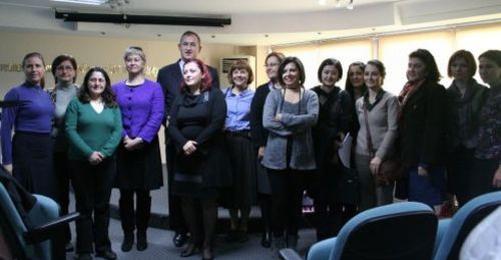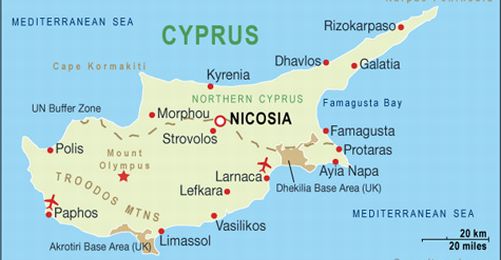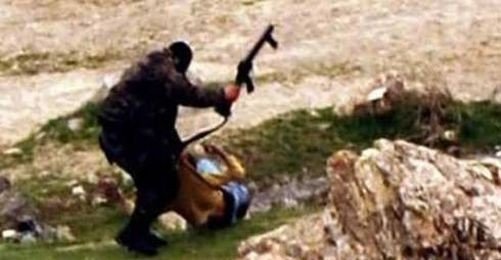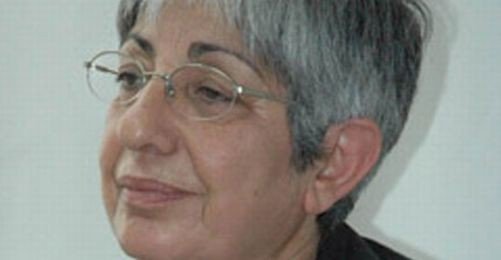While in the Higher Military Council (YAS) it seems like the government has shaken up the army's unquestionable "internal practices," everything remains a secret.
The media has defined the meeting as a "crisis." Generals, whose names were involved in the alleged coup plans uncovered in the last two years, were not promoted.
According to Hale Akay from Bilgi University, this definition is an exaggeration. However, she adds that there can be no mention of a normalisation in army-civilian relations.
Akay, who has worked on the democratic reform of the security sector, says even the fact that this is perceived as a "crisis" rather than just a "problem in promotions," shows that the problem continues. There is need for reform so that the process can become transparent.
Veil of secrecy
The meeting, which was to determine the new Chief of General Staff together with the new management of the armed forces, has become controversial because of the promotions of eleven generals, who are suspects in the "Sledgehammer" case, and Hasan Igsiz, who was expected to become the commander of the land forces.
Igsiz is under investigation for charges of having his signature under the "action plan against reactionary forces."
On the other hand, Erdal Ceylanoglu, who set the tanks on the street in Sincan on 28 February, has been promoted to first army commander. Third army commander Saldiray Berk, who is an Ergenekon case suspect, replaced Ceylanoglu as Education and Doctrine Commander.
No appointments have been made for Chief of General Staff and Commander of the Land Forces.
Need for transparency
In the "Security Sector Policy Report" which was published in 2009, Akay underlines the following findings:
"In fact, when the Turkish Armed Forces legislation and the structure of the institutions within the Turkish Armed Forces is studied, it can easily be seen that the system is fully autonomous and isolated."
Akay also highlighted that the controversy over promotions is not known and added that "the whole story is unfolding behind a veil of secrecy." The Higher Military Council was established in 1972 following the 12 March coup. The meetings are secret and it is prohibited to announce its decisions; the decisions are outside the scope of judicial supervision.
Akay stated that the need for reform in the army has become very urgent with the recent developments. Akay reminded the Hantepe attack which was monitored by Herons, the Sledgehammer case, and the Internet sites being used by the army for propaganda.
"Up until now, neither the army, nor the government have responded to these allegations," Akay added.
Akay stated that the people have to raise their voices demanding transparency. "There is only one aspect which I regard as positive," said Akay: "And that is, the families of the martyrs going to the General Staff to demand and explanation regarding their sons' deaths." (EU)




